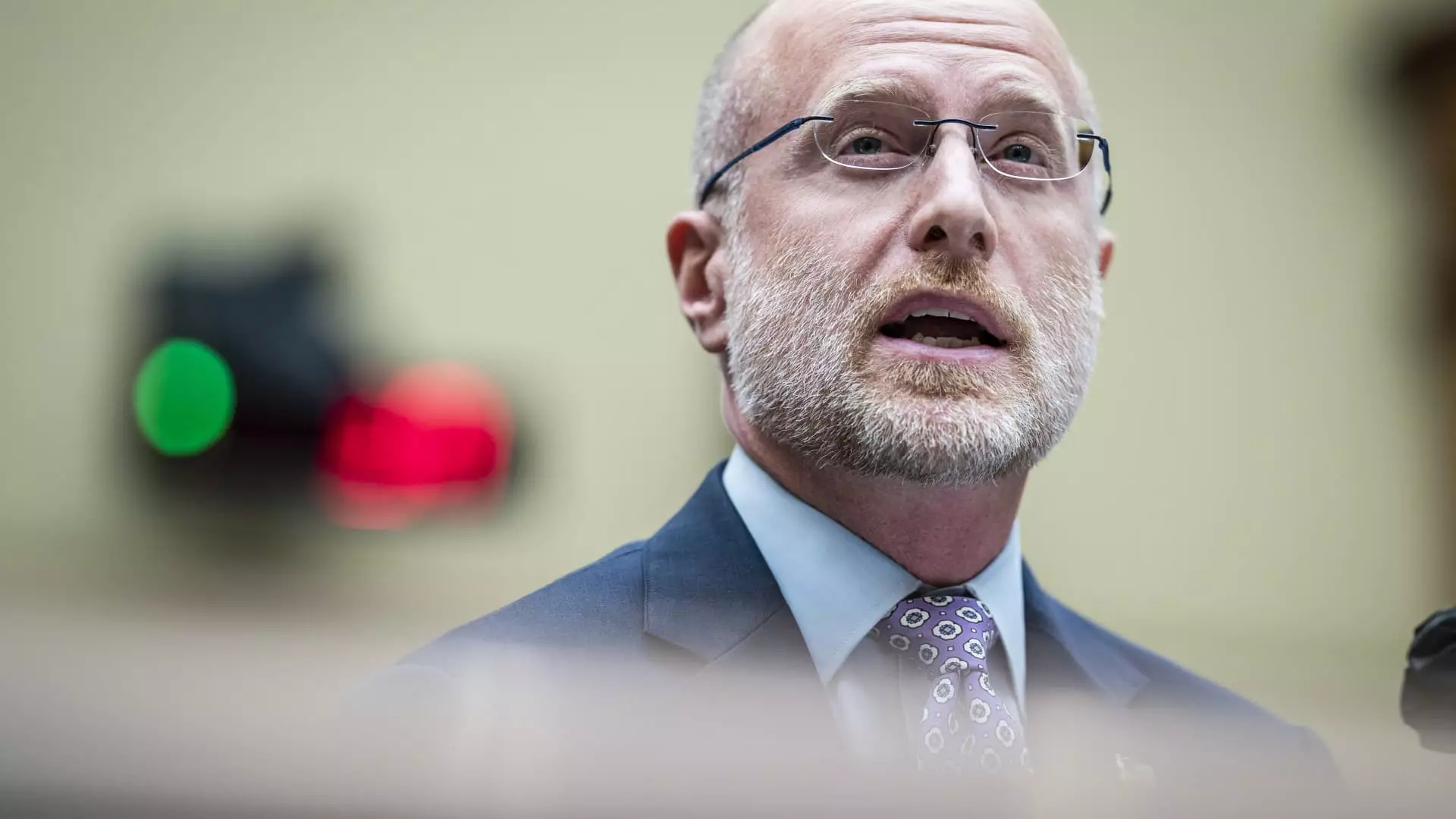With the appointment of Brendan Carr as chairman of the Federal Communications Commission (FCC) by President-elect Donald Trump, the telecommunications landscape is poised for significant changes. Carr, who has consistently expressed criticism of the Biden administration’s regulatory stance on telecommunications and Big Tech, is seen as a pivotal figure in shaping the future policies of the FCC. His background and views highlight a stark division in the political arena over the regulation of the technology sector and issues of free speech.
Carr, who previously held the position of general counsel at the FCC, has a track record marked by a series of controversial stands. He has notably opposed the FCC’s decision to withhold nearly $900 million in broadband subsidies meant for SpaceX’s satellite internet service, Starlink. This decision has ignited debate over the government’s role in facilitating technological advancements, particularly when it comes to enabling broadband access in underserved areas. Furthermore, Carr’s critique of President Biden’s $42 billion broadband infrastructure program reflects a broader ideological opposition to what he perceives as overreach by federal authorities.
Central to Carr’s platform is the assertion that the FCC must defend the free speech rights of Americans. His recent communications with major tech players, including Meta and Google, send a clear message of discontent towards what he views as censorship actions taken by these platforms. Carr’s call for the restoration of free speech rights suggests that he aims to push back against regulatory friction affecting digital communication, a stance that resonates strongly with parts of the Republican base who view Big Tech with suspicion.
Trump’s history of antagonism towards mainstream media, including threats to revoke FCC licenses from media giants like Disney and CBS, adds another layer of complexity to Carr’s appointment. Trump’s confrontational approach, coupled with Carr’s aggressive posture towards telecom regulation, raises questions about the potential for increased governmental influence over media operations. Carr’s recent criticism of NBC for featuring Vice President Kamala Harris on “Saturday Night Live” shows a willingness to engage with the media landscape in an unprecedented manner, effectively politicizing the role of the FCC.
Despite Carr’s ambitions, he may face significant hurdles in implementing his vision for the FCC. The regulatory environment is fraught with challenges, especially with the federal appeals court halting the reinstatement of previous net neutrality rules, reflecting a turbulent landscape for telecommunications regulation. As Carr prepares to enact his agenda, he will need to navigate these complexities while also obtaining bipartisan support within a five-member commission that has historically fluctuated between competing ideologies.
Brendan Carr’s ascendance to the FCC chairman position signifies a shift toward more conservative and pro-business telecommunications policies. His commitment to advocating for free speech, albeit through a politically charged lens, promises to shape critical discussions around media freedom and tech regulation in the coming years. Whether he will emerge as a genuine champion for public interests or merely a partisan player remains to be seen, but one thing is certain: the American public will be watching closely as Carr and the new administration grapple with these pressing issues.

Leave a Reply